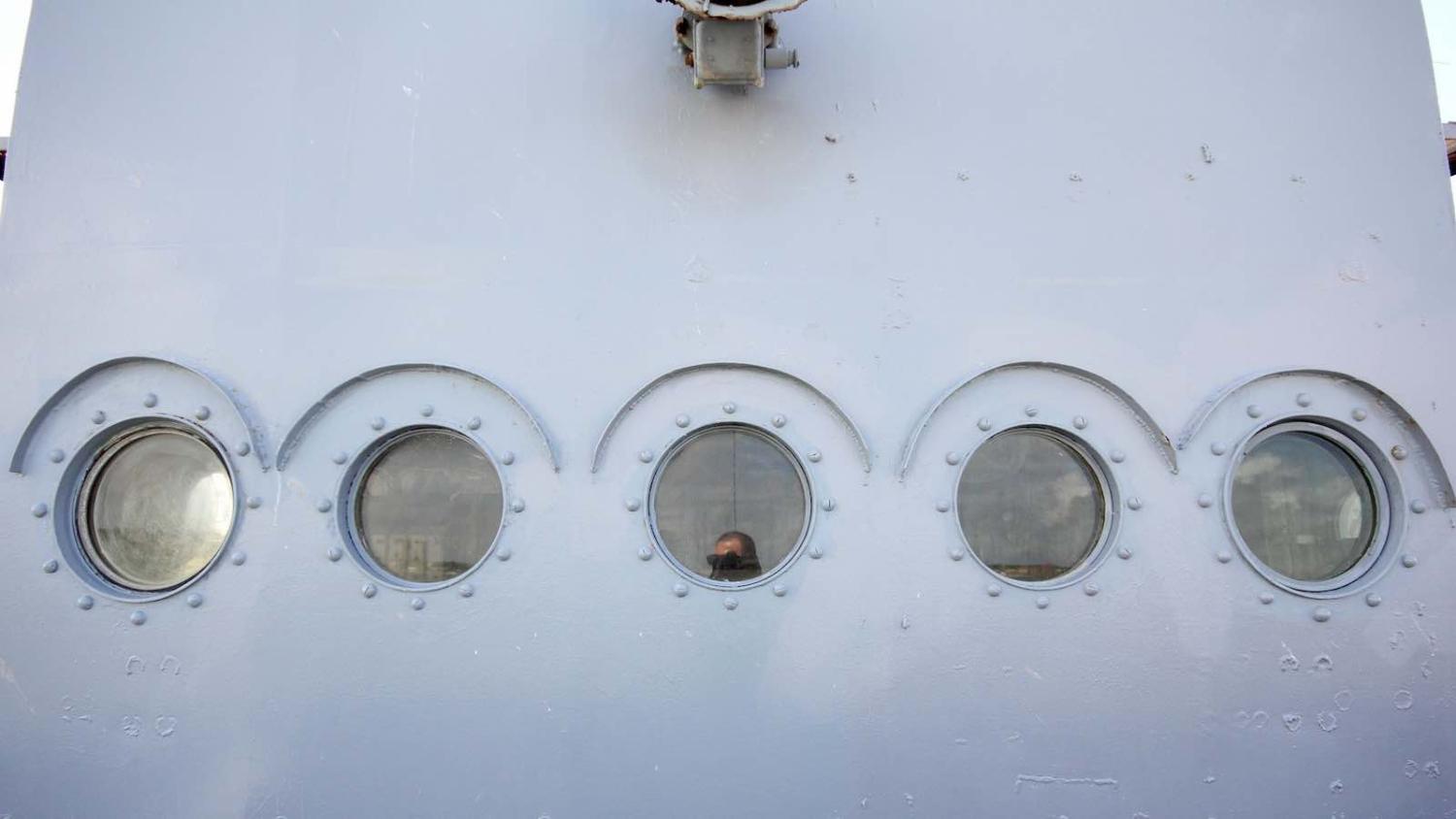The public aura around the decades-old “Five Eyes” intelligence sharing partnership between Australia, the US, UK, Canada, New Zealand has expanded rapidly since the name was first publicly acknowledged. In 2014, an Australian prime minister publicly referred to the “Five Eyes” for the first time. In 2016, the name first appeared in an Australian Defence White Paper. And in 2020, meetings between ministers from the five countries for, respectively, Defence, Foreign Affairs and Treasury, were first identified as “Five Eyes”.
That looks like a natural evolution. Intelligence sharing fosters trust and provides the participants with a common operating picture. That creates a solid foundation for collective action.
But labelling these meetings as “Five Eyes” is mistaken and possibly counterproductive. It unnecessarily limits their membership and risks blurring the critical distinction between intelligence and policy.
Intelligence sharing works when both sides can trust that information shared is raw and uninfluenced by policy preferences.
To be clear, members of the Five Eyes should keep coordinating policy. Ministers for Homeland Security and Immigration have been doing this through the “Five Country Ministerial” for several years. This cooperation can be especially beneficial when action depends on intelligence insights, for example when it comes to the attribution of malicious cyber behaviour.
But new international coalitions – aiming to balance China, defend the rules-based order and coordinate post Covid-19 economic and public health policies – should be as broad as possible. Describing groupings that have these goals as Five Eyes unnecessarily restricts their membership.
The Joint Australia-Canada-UK-US statement on Hong Kong was hailed by many commentators as auguring a new era for Five Eyes (despite New Zealand’s absence). The collective approach added weight. But it would have had much more weight with the addition of a non-Anglo ex-colony.
Periodic proposals to expand the Five Eyes – by adding countries such France, Japan, Germany or South Korea – are missing the point and engendering disappointment. Five Eyes countries need to share more intelligence with trusted partners. And according to some reports, larger groups have been formed for particular purposes. But seeking to graft new members onto the existing Five Eyes agreement is simply unrealistic.
Characterising policy summits as Five Eyes gatherings also risks blurring the policy-intelligence distinction. The objectivity that is essential to good intelligence can be compromised when intelligence agencies get involved in policy debate. That’s why the directors of the CIA and US National Intelligence don’t vote in US cabinet meetings. Australia’s 2017 Independent Intelligence Review reaffirmed that “the need for intelligence assessments to be independent of policy-making … remains an indispensable requirement”.
That separation of intelligence and policy is as important internationally as it is domestically. Intelligence sharing works when both sides can trust that information shared is raw and uninfluenced by policy preferences. It works best when the agencies sharing are seen to be policy-neutral and able to engage frankly.
While diplomatic meetings typically aim to find areas of agreement, intelligence meetings are just as often seeking disagreements. Disagreement produces better judgments. And separating analytic differences from policy disputes can better focus policy engagements.
Forging a common approach to a problem as complex as 5G technology has been extremely difficult. It would be even harder if the governments involved suspected that the technical and intelligence assessments they shared were being shaped by policy goals.
As a new consensus on China takes shape in capitals, the ability of Five Eyes intelligence agencies to speak truth to power – and if necessary, to challenge that consensus – will become ever more important. To compete effectively with China, countries such Australia need an objective and nuanced view of the threat, as well as frank assessments of the impact of Western policy choices – especially when those assessments don’t gel with policy of the day.
Photo via Flickr user Wil C. Fry.
